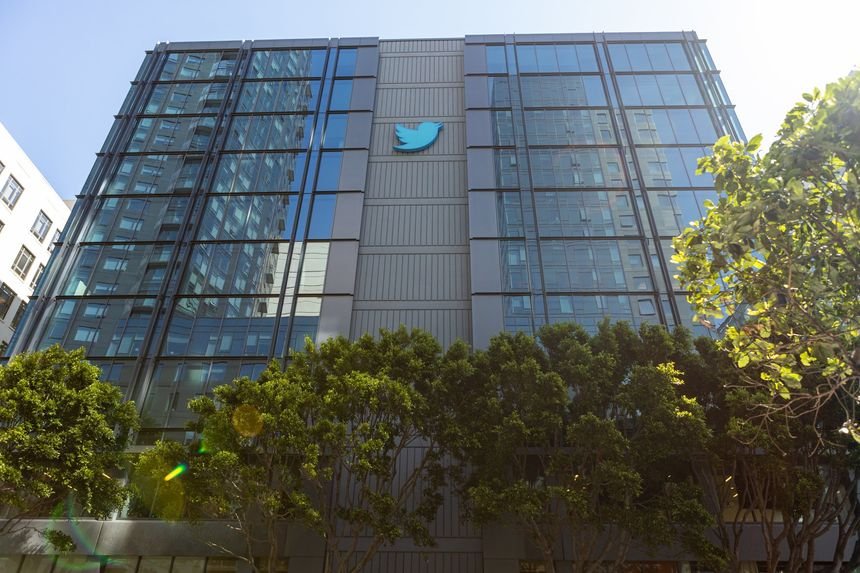Shares of Twitter (TWTR:NASDAQ) spiked 4% in extended trading Tuesday after the social media platform sued Elon Musk for attempting to walk away from his proposed $44 billion takeover bid. The suit, filed in Delaware Chancery Court on Tuesday, seeks to force the billionaire to honor the terms of the deal and consummate the merger, days after the billionaire moved to terminate the acquisition.
Musk said Twitter hadn’t provided the necessary data and information he needed to assess the prevalence of fake or spam accounts and was “in material breach of multiple provisions” of the merger agreement.
Mr. Musk’s lawyer argued in a letter filed with regulators last week that Twitter’s estimate of spam and fake accounts were inaccurate, and therefore could represent a “material adverse effect.” Under the concept of “material adverse effect,” a buyer must show that a company’s actual business differs dramatically from what they agreed to buy. It is a high bar that very few buyers who have gotten cold feet have successfully invoked.
Mr. Musk’s filing didn’t provide evidence to back up his claims or offer how he arrived at his estimates. Rather, his lawyer wrote, “Mr. Musk has reason to believe” that the true number of spam accounts is “substantially higher” than estimates given by the social media company. For years, Twitter has maintained that fewer than 5% of its monetizable daily active users are spam and fake accounts.
In response to Musk’s allegations, Twitter said it “bent over backwards” to provide Mr. Musk the information he has requested. The San Francisco-based social-media company alleged that Mr. Musk had a change of heart as soon as market conditions soured, resulting in his personal wealth declining by more than $100 billion from its November 2021 peak. “Rather than bear the cost of the market downturn, as the merger agreement requires, Musk wants to shift it to Twitter’s stockholders,” the company said.
The company also said Mr. Musk repeatedly breached the terms of the agreement, such as by tweeting in May that the deal was ‘on hold.’ “Having mounted a public spectacle to put Twitter in play, and having proposed and then signed a seller-friendly merger agreement, Musk apparently believes that he—unlike every other party subject to Delaware contract law—is free to change his mind, trash the company, disrupt its operations, destroy stockholder value, and walk away,” Twitter said in the complaint.
Twitter also alleges that Mr. Musk has put the company in financial jeopardy. “Since signing the merger agreement, Musk has repeatedly disparaged Twitter and the deal, creating business risk for Twitter and downward pressure on its share price,” according to the complaint.
Twitter said it’s prepared to hold a stockholder vote on the deal as early as mid-August and that Mr. Musk must close the transaction within the following two days. Any delay, it said, could hurt its business.
Legal experts believe that Twitter has a stringer case than Mr. Musk, but the contentious question remains if Twitter could force the billionaire to buy a company he doesn’t want to own.
Deal-escape cases aren’t unusual, as there have been few instances in which remorseful buyers were compelled to follow through on their purchases. In 2001, Tyson Foods (TSN:NYSE) was forced to acquire meatpacker IBP Inc. after initially attempting to back out of the deal.
The latest debacle raises some insights about the future of the company. If Twitter’s management chooses to force Musk to buy the company, it sends signals that they don’t believe in the future of the company and see Musk as a bail-out strategy.
On the other hand, Musk may have realized that monetizing Twitter won’t be as easy as it seems and is looking to rescind on his earlier offer. It also smears Musk’s image as an unworthy partner that could walk away from a deal

